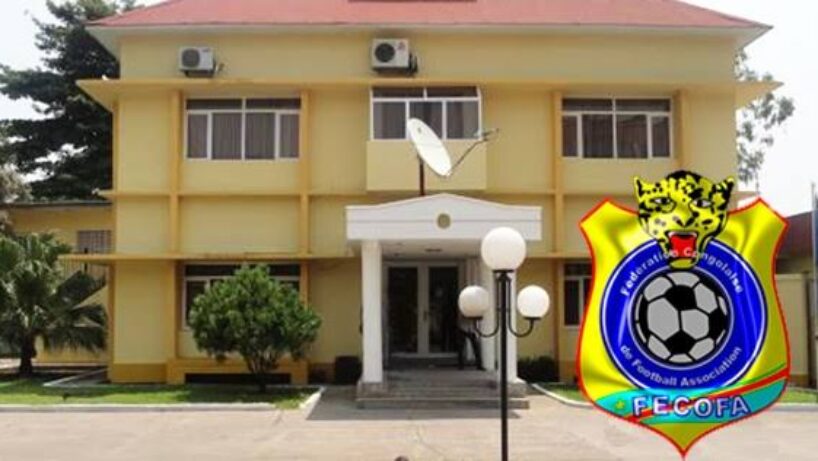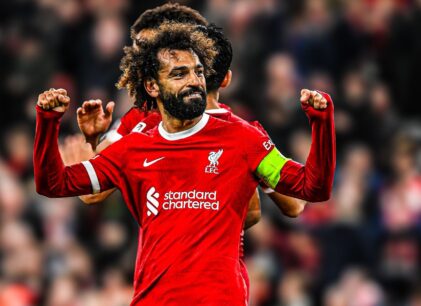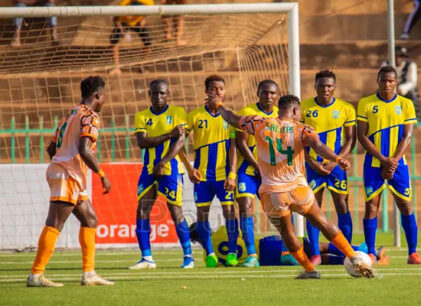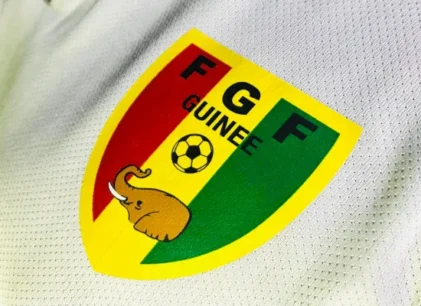Following the multiple scandals that have shaken the Congolese soccer federation, including sexual abuse of minors revealed by Sport News Africa, FIFA has decided to install a normalization committee after the international break.
The rumor had been circulating for weeks in the corridors of CAF and FIFA: would FECOFA finally be replaced by a normalisation committee? Following Sport News Africa’s dossier on two decades of covered pedocriminality in Congolese soccer, the Ministry of Justice had opened an investigation following the example of FIFA’s ethics committee.
If the results are not yet known, one thing is certain: FECOFA had chosen its side by validating the suspension of 15 suspected coaches, without waiting for the conclusions of the investigations.
In addition to this case, involving the highest officials of the federation as the vice-president Theo Binamungu, accused of having covered the abuses, a new scandal of embezzlement broke last month about the TV rights related to the 2022 World Cup qualifiers. “The money that FIFA paid must be allocated to the development of Congolese soccer and to concrete projects in this sense. It cannot be used as a bonus for members of the Executive Committee or anyone else,” FIFA wrote in a letter dated February 10. “If it is confirmed that the FIFA-CAF delegates are under pressure or even threatened and that they cannot carry out the mandate they have been given, appropriate measures will be taken.”
This warning has been followed by the announcement by FIFA after the international break that a normalization committee will replace the current administration of FECOFA. The decision is also politically motivated: the soccer authorities – and particularly CAF secretary general Veron Mosengo-Omba – are afraid that the next elections will be won by one of Constant Omari’s men, the former president of the federation, with whom the feud is an open secret.
Strangely, the induction of the normalisation committee comes before a suspension of a FECOFA official, which could raise questions about its legitimacy and open the door to an appeal to CAS.





